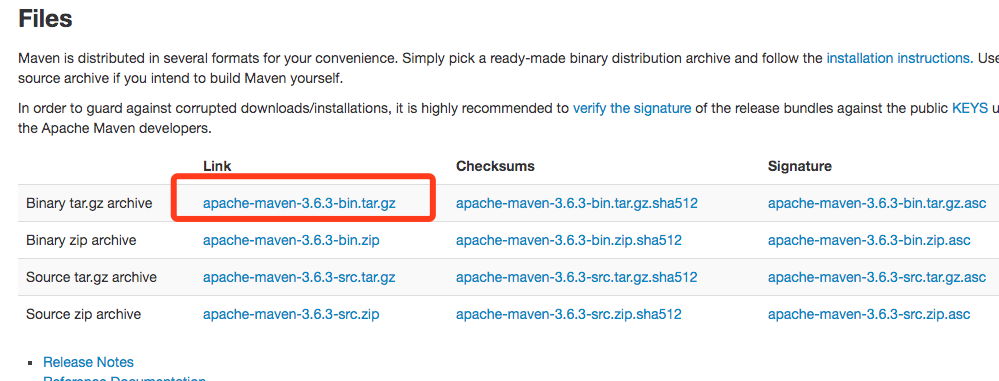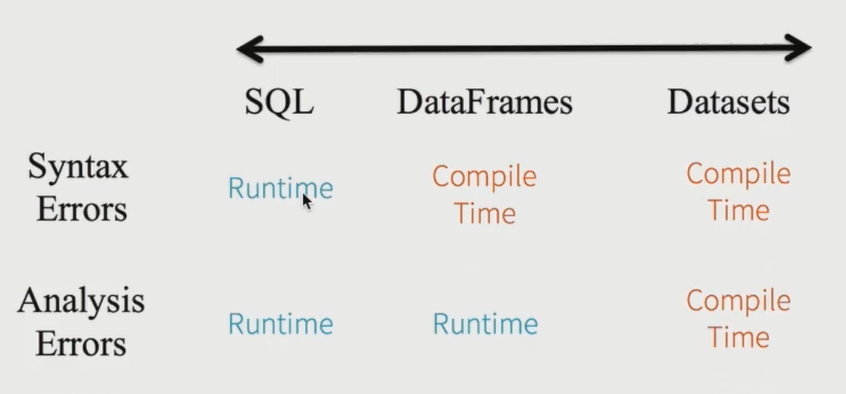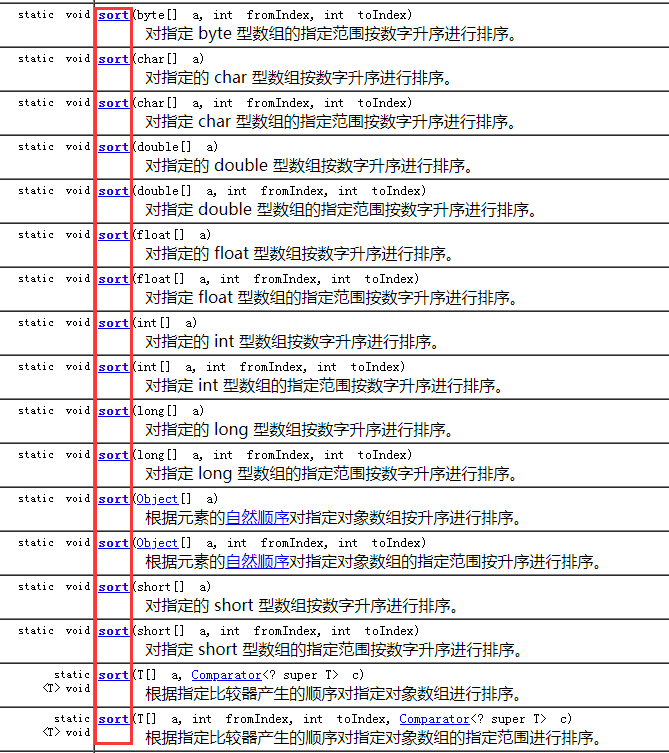Linux Console Color (the "\033[" way)
This is a list of codes used in C++ to change the text color:
black - 30
red - 31
green - 32
brown - 33
blue - 34
magenta - 35
cyan - 36
lightgray - 37
Now these are the basic colours.
Usage of “\033[“:
This is to handle the console cursor. I do not have a complete reference so I ask people who know about it to comment with what I do not have.
* ‘m’ character at the end of each of the following sentences is used as a stop character, where the system should stop and parse the \033[ sintax.
\033[0m - is the default color for the console
\033[0;#m - is the color of the text, where # is one of the codes mentioned above
\033[1m - makes text bold
\033[1;#m - makes colored text bold**
\033[2;#m - colors text according to # but a bit darker
\033[4;#m - colors text in # and underlines
\033[7;#m - colors the background according to #
\033[9;#m - colors text and strikes it
\033[A - moves cursor one line above (carfull: it does not erase the previously written line)
\033[B - moves cursor one line under
\033[C - moves cursor one spacing to the right
\033[D - moves cursor one spacing to the left
\033[E - don’t know yet
\033[F - don’t know yet
\033[2K - erases everything written on line before this.
**(this could be usefull for those who want more colors. The efect given by bold will give a color change effect)
As a short and simple example that colors text and the bold version:
1 #include <stdio.h>23 int main(int argc, char ** argv)4 {5 printf("\033[0mHello world!........................................[");6 printf("\033[1;32mOK");7 printf("\033[0m]\n");89 return 0;10 }1 #include <stdio.h>2 #include <stdlib.h>3 #include <string.h>45 /****************************************************************************6 the text color:7 black - 308 red - 319 green - 3210 brown - 3311 blue - 3412 magenta - 3513 cyan - 3614 lightgray - 3715 ****************************************************************************/1617 #define COLOR_DEFAULT "m"18 #define COLOR_BLACK ";30m"19 #define COLOR_RED ";31m"20 #define COLOR_GREEN ";32m"21 #define COLOR_BROWN ";33m"22 #define COLOR_BLUE ";34m"23 #define COLOR_MAGANTA ";35m"24 #define COLOR_CYAN ";36m"25 #define COLOR_LIGHTGRAY ";37m"2627 /****************************************************************************28 Usage of "\033[":2930 This is to handle the console cursor.3132 I do not have a complete reference so I ask people who know about it to33 comment with what I do not have.3435 * 'm' character at the end of each of the following sentences is used as a36 stop character, where the system should stop and parse the \033[ sintax.3738 \033[0m - is the default color for the console39 \033[0;#m - is the color of the text, where # is one of the codes mentioned40 above41 \033[1m - makes text bold42 \033[1;#m - makes colored text bold**43 \033[2;#m - colors text according to # but a bit darker44 \033[4;#m - colors text in # and underlines45 \033[7;#m - colors the background according to #46 \033[9;#m - colors text and strikes it47 \033[A - moves cursor one line above (carfull: it does not erase the48 previously written line)49 \033[B - moves cursor one line under50 \033[C - moves cursor one spacing to the right51 \033[D - moves cursor one spacing to the left52 \033[E - don't know yet53 \033[F - don't know yet54 \033[2K - erases everything written on line before this.55 ****************************************************************************/5657 #define MODE_0 "0"58 #define MODE_1 "1"59 #define MODE_2 "2"60 #define MODE_3 "3"61 #define MODE_4 "4"62 #define MODE_5 "5"63 #define MODE_6 "6"64 #define MODE_7 "7"65 #define MODE_8 "8"66 #define MODE_9 "9"67 #define MODE_A "A"68 #define MODE_B "B"69 #define MODE_C "C"70 #define MODE_D "D"71 #define MODE_E "E"72 #define MODE_F "F"73 #define MODE_2K "2K"7475 #define MAX_LINE_LEN 707677 #define MAX_DESC_LEN 207879 typedef struct strProcessStepsInfo80 {81 char szStepDesc[MAX_DESC_LEN];82 int nResult;83 }ProcessStepsInfo;8485 void SetModeDefault()86 {87 printf("\033[0m");88 }8990 void SetMode(const char *pszMode, const char *pszColor)91 {92 printf("\033[%s%s", pszMode, pszColor);93 }9495 void ShowSpecial(const char *pszOut, const char *pszMode, const char *pszColor)96 {97 SetMode(pszMode, pszColor);98 printf("%s", pszOut);99 }100101 void ShowProcess(const char *pszOut, int nResult)102 {103 // show steps information104 printf("\n");105 int nLen = strlen(pszOut);106107 int nProcess = 0;108109 for (nProcess = 0; nProcess <= 100; nProcess++)110 {111 SetMode(MODE_A, "");112113 if (nProcess>=100)114 {115 ShowSpecial(pszOut, MODE_0, COLOR_DEFAULT);116 }117 else118 {119 ShowSpecial(pszOut, MODE_1, COLOR_DEFAULT);120 }121122 int nDotCount = 0;123 for (nDotCount = 0; nDotCount< MAX_LINE_LEN - nLen; nDotCount++)124 {125 int nTotal = MAX_LINE_LEN - nLen;126 int nShowDotCount = nProcess * nTotal / 100;127128 if (nDotCount < nShowDotCount)129 {130 printf(".");131 }132 else133 {134 printf(" ");135 }136 }137138 if (nProcess>=100)139 {140 if (nResult)141 {142 printf(" [");143 ShowSpecial("Failed", MODE_1, COLOR_RED);144 SetModeDefault();145 printf("]\n");146 }147 else148 {149 printf(" [");150 ShowSpecial("OK", MODE_1, COLOR_GREEN);151 SetModeDefault();152 printf("]\n");153 }154 }155 else156 {157 printf(" [%d]\n", nProcess);158 }159160 system("sleep 0.001");161 }162 }163164 void ShowAllProcess()165 {166 // generate steps information167 int nSteps = 0;168 const int nMaxSteps = 10;169 ProcessStepsInfo StepsInfo[nMaxSteps];170171 for (nSteps = 1; nSteps <= nMaxSteps; nSteps++)172 {173 sprintf(StepsInfo[nSteps-1].szStepDesc, "Step %d ", nSteps);174 StepsInfo[nSteps-1].nResult = rand() % 2;175176 ShowProcess(StepsInfo[nSteps-1].szStepDesc, StepsInfo[nSteps-1].nResult);177 }178 }179180 int main(int argc, char **argv)181 {182 ShowAllProcess();183184 SetModeDefault();185186 return 0;187 }
转载于 //www.cnblogs.com/yuanping/archive/2012/12/29/2838731.html
//www.cnblogs.com/yuanping/archive/2012/12/29/2838731.html



































还没有评论,来说两句吧...